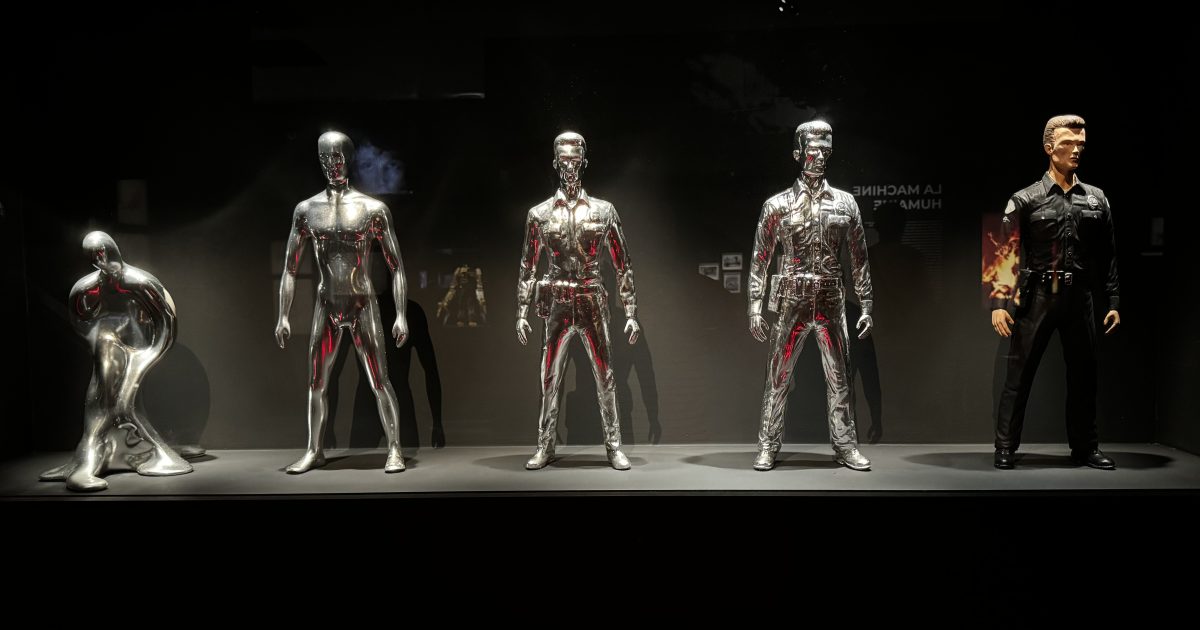Le site allblacks.com a eu la bonne idée de recenser « 10 personnes célèbres dont vous ignoriez qu’elles jouaient au rugby ». Et parmi celles-ci, certaines sont surprenantes.
On savait par exemple que l’acteur espagnol Javier Bardem avait pratiqué. Il l’avait d’ailleurs confié en exclusivité sur RugbyPass TV à l’occasion de la Coupe du Monde de Rugby 2023. Il jouait pilier jusqu’à ses 23 ans.
Avant de devenir l’acteur oscarisé que l’on connait, il a joué au rugby pour les sélections nationales jeunes. Il a raconté que son expérience sur le terrain lui avait permis de se discipliner et de se concentrer, des qualités qui lui ont été utiles dans sa carrière d’acteur.
On savait aussi que le Prince William était non seulement un fervent supporter, mais aussi un ancien joueur. Le futur roi d’Angleterre a pratiqué le rugby durant ses années d’études à Eton et est aujourd’hui le parrain de la fédération galloise de rugby. Son attachement à ce sport se reflète encore aujourd’hui à travers son soutien aux initiatives rugby à travers le Royaume-Uni.
De Clinton à The Rock
Ce que l’on ne savait pas du tout en revanche, c’est que le rugby était ce qui reliait, dans une certaine mesure, des personnalités très diverses.
Ainsi, Elon Musk, le fondateur de Tesla et SpaceX, Musk a brièvement joué au rugby lorsqu’il était au lycée Pretoria Boys High School en Afrique du Sud.
Bill Clinton, 42e président des Etats-Unis, a joué au rugby à l’université d’Oxford alors qu’il était boursier de la fondation Rhodes. Robert Patrick, redoutable terminator dans le film Terminator 2, a grandi en jouant au rugby dans l’Ohio.
James bond aussi ! Daniel Craig a pratiqué pendant longtemps au Hoylake Rugby Club, en Angleterre. Craig a souvent reconnu que le rugby l’avait aidé à développer l’engagement physique nécessaire à ses rôles intenses au cinéma.
Dans le Top 10 établi par allblacks.com sont également cités Dwayne « The Rock » Johnson, George W Bush, JRR Tolkien, mais aussi… André the Giant !
De son vrai nom André Roussimoff (nettement moins glamour), ce catcheur professionnel (1946-1993), rendu célèbre par sa carrure qui lui a permis de jouer au cinéma, a également joué au rugby dans sa jeunesse en France.
Visionnez gratuitement le documentaire en cinq épisodes “Chasing the Sun 2” sur RugbyPass TV (*non disponible en Afrique), qui raconte le parcours des Springboks dans leur quête pour défendre avec succès leur titre de Champions du monde de rugby







































